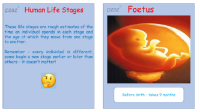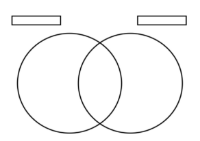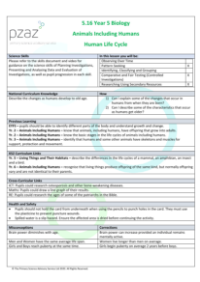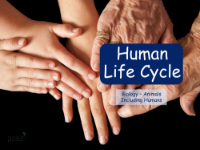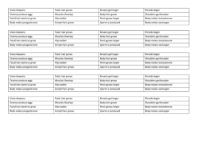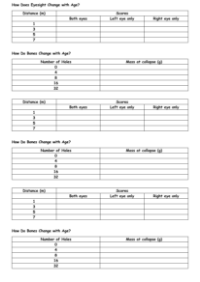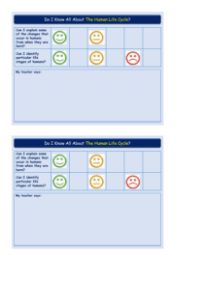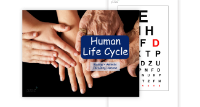The Human Life Cycle - Eye Test
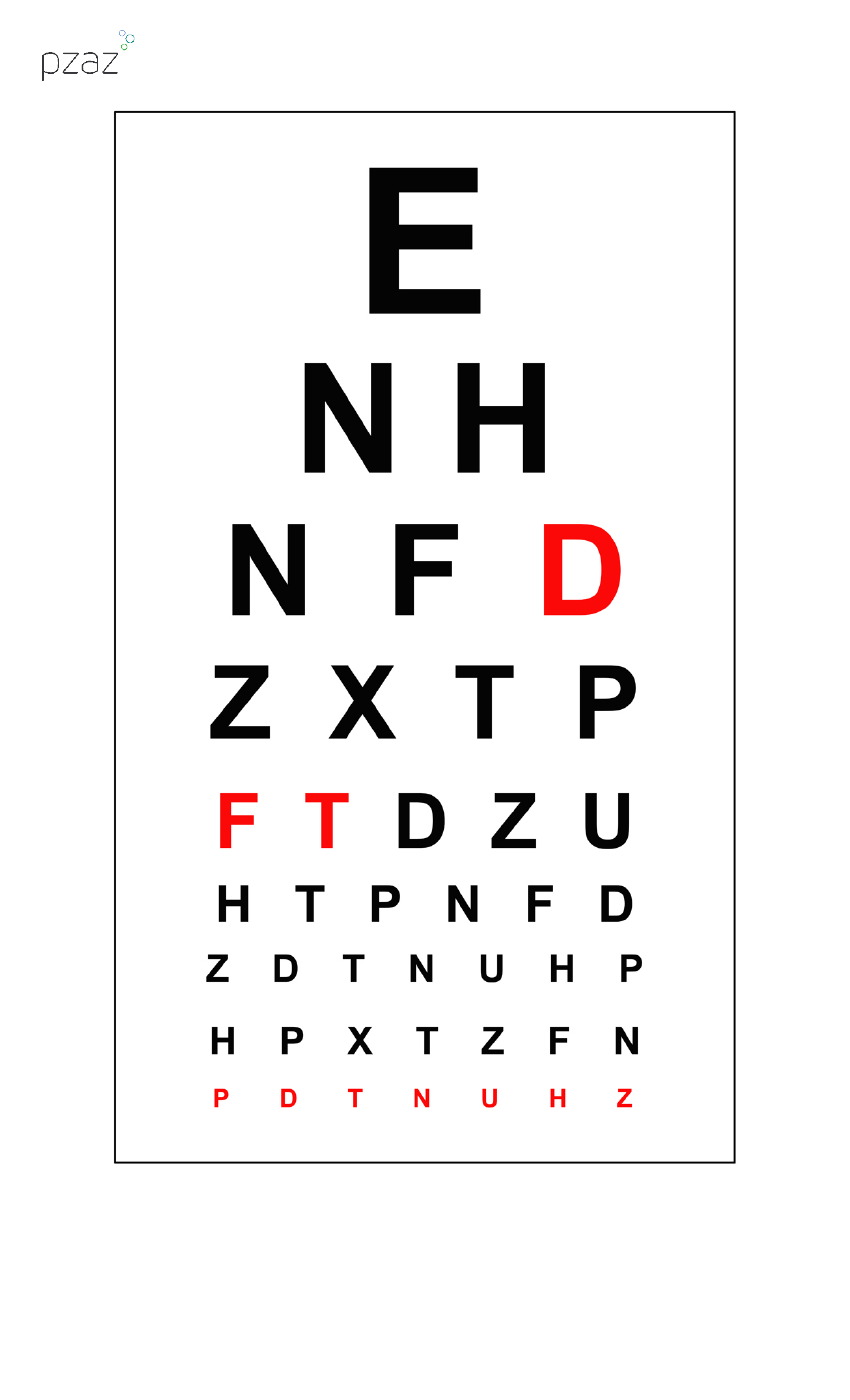
Science Resource Description
The human life cycle involves various stages of development, and maintaining health is crucial at every step. One essential aspect of health monitoring is regular eye examinations. An eye test is a routine procedure to assess vision and check for any eye problems that could potentially affect an individual's quality of life. During the human life cycle, the condition of our eyes can change, making regular check-ups important from early childhood through to old age.
Eye tests are conducted by optometrists or ophthalmologists and typically involve a series of examinations. These may include reading from an eye chart to measure visual acuity, using machines to check the pressure inside the eyes, and examining the health of the eyes' interior structures. Identifying issues such as short-sightedness, long-sightedness, astigmatism, or more serious conditions early on ensures that corrective measures, such as glasses or contact lenses, can be prescribed. In some cases, early detection of eye conditions can lead to treatments that prevent further deterioration of vision. Therefore, eye tests are a vital part of healthcare, helping individuals maintain the best possible vision throughout the stages of the human life cycle.

